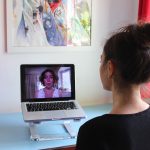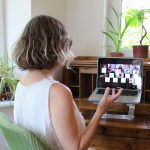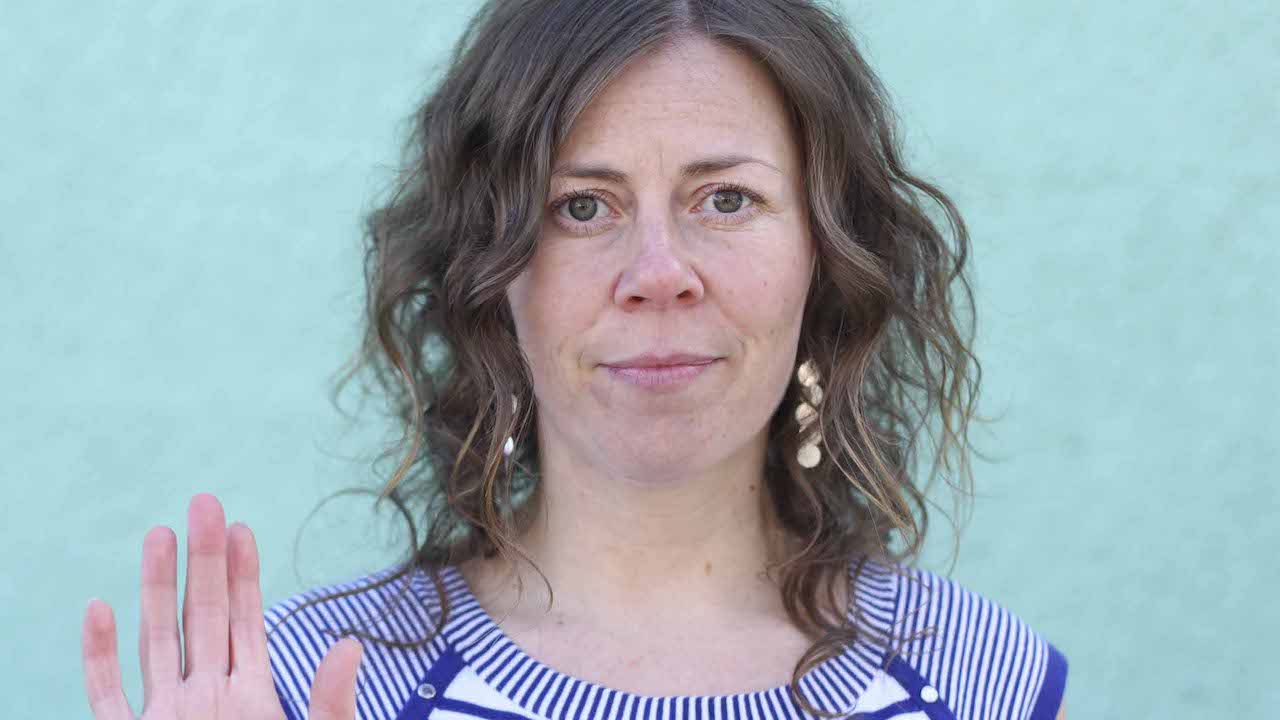Would you love to show others more of who you really are, and to share what you really think and feel, in kind, honest and clear ways?
When we relate in an authentic way, what we show and express to others matches what is really happening on the inside of us, rather than trying to hide it and show an edited version of ourselves. When we communicate kindly, we consider the potential impact that sharing our thoughts and feelings may have on others, expressing them in ways that help us to stay connected. Authentic relating and kind communication are essential for connection and intimacy to be possible.
As young children, we start out innocently and unselfconsciously expressing ourselves, and showing the world who we are. We are naturally honest and we openly share with others what we feel and think. However, some of the messages we receive from the adults and world around us – whether subtly or directly – tell us that it’s not okay and safe to do this. Perhaps because of their fears that we might hurt others’ feelings, or people might think badly of us or ridicule us, or because we risk being persecuted for “rocking the boat”.
In response, we learn to edit ourselves, showing only the parts of us that seem to be acceptable to others, and hiding the parts we believe are not. We hide our true thoughts and feelings, instead keeping quiet, or telling others what we think they want to hear and what we think is the “right” thing to say.
We learn to be how and who we think others want us to be, so that our caregivers will approve of us enough to be willing to meet our needs, and so that we will be accepted, liked and loved in the world, and not get into trouble. As a result, our authentic self and true thoughts and feelings get covered up.
Whilst there are occasions that it is not appropriate to openly share our thoughts and feelings, it can become a belief and a rule that it is usually, or even never, appropriate, and that it is not safe to express who we really are.
Our childhood conditioning can have a huge impact on our ability to relate authentically as adults, and we might find that if we allow it to run on autopilot, it costs us dearly. It affects our ability to be connected and close with ourselves and others, to experience intimacy, to be seen and met for who we really are, to set healthy boundaries, to find fulfilment in our relationships and interactions, and to live as we truly wish to. We then need to become aware of, and unlearn, our conditioning so that we can be free to be true to ourselves.
We may find that when we are honest with our thoughts and feelings, we lack the skills to communicate them kindly, often because we were instead taught to hide what we really think and feel, and so we simply haven’t had the practice.
Read more
If we believe that hiding what we’re really thinking and feeling is being kind, it’s worth asking ourselves to look a little deeper to see if this is really true. Often it is not kind to us, because it means we are not freely expressing our needs, wants, feelings and boundaries (saying No when we feel a No, and Yes when we feel a Yes). And often it is not kind to the other, because it deprives them of the opportunity to know our truth and respond to it from their authentic self, and to meet and connect with who we authentically are. Most of us prefer not to be lied to, and we want to know the real person we are meeting.
Many of us have grown up in families, communities and cultures in which blaming and attacking others (often in subtle ways) for what is happening within us is normal and acceptable, when in truth, each of us is responsible for our own feelings and experience. This is not by any means to say that we don’t have an impact on each other. What we do and say does have an impact, and we each have a responsibility to be as kind as possible, however this doesn’t mean that we are responsible for each other’s feelings.
Understanding this is essential if we are to be empowered in our relationships, rather than believing that we are a victim and that others are victim to us. Say we feel sadness and anger in an interaction with someone: when we take responsibility for our feelings, we can communicate our experience without blaming the other and making them wrong. This puts us in a position where it is possible to show our authentic self and express how we’re feeling in a kind way, opening the possibility of true intimacy and connection between us.
Different ways to explore each theme

Coaching
Coaching can support you to make real, lasting changes in your relationship with yourself, others and life. Sessions can be held in person or via Skype.

Workshops
Workshops can support you to make real, lasting changes in your relationship with yourself, others and life.

Contact me
Are you not sure where to start? Get in touch to book a consultation.
Workshops for authentic relating & kind communication

Learn to say No clearly & kindly
Do sometimes (or often) you struggle to say NO? Would you love to be more honest and authentic in all your relationships?

Harmonious relationships: Stepping off the drama triangle
Learn how to step out of this common human dynamic, for your personal empowerment and more harmony in your relationships.

